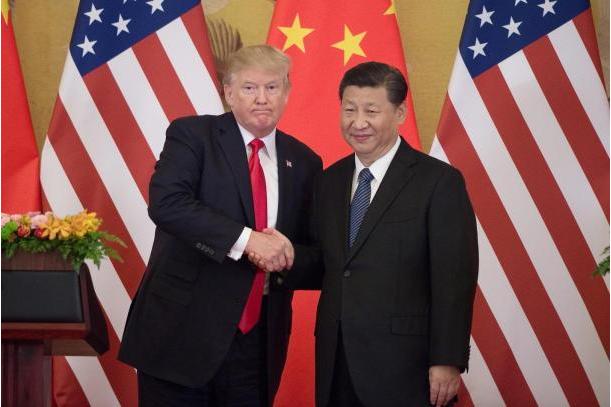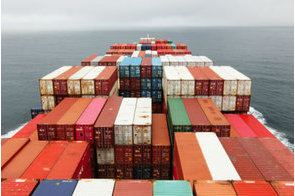Latest News
UNCTAD worries about impact of trade disputes on global economy

News Highlight
One major concern is the risk that trade tensions could spiral into currency wars, making dollar-denominated-debt more difficult to service.
A new study by United Nations Conference on Trade and Development (UNCTAD) looks at the repercussions of existing tariff hikes by the United States and China, and the effects of the increase scheduled for March 1st.
Last year, China and the United States imposed tariffs on about $50 billion of each other’s goods. The confrontation quickly escalated and last September, the U.S. imposed 10 percent tariffs covering about $200 billion worth of Chinese imports.
China retaliated by imposing tariffs on imports from the U.S. worth an additional $60 billion. The 10 percent tariffs were initially due to rise to 25 percent in January 2019. However, in early December 2018 the parties agreed to freeze the tariff increase until March 1, 2019.
“Because of the size of their economies, the tariffs imposed by Unites States and China will inevitably have significant repercussions on international trade,” said Pamela Coke-Hamilton, head of UNCTAD’s international trade division, who launched the Key Statistics and Trends in Trade Policy 2018 on Monday.
The study estimates that of the $250 billion in Chinese exports subject to U.S. tariffs, about 82 percent will be captured by firms in other countries, about 12 percent will be retained by Chinese firms. Only about 6 percent will be captured by American firms.
Similarly, of the approximately $110 billion in U.S. exports subject to China’s tariffs, about 85 percent will be captured by firms in other countries, U.S. firms will retain less than 10 percent, while Chinese firms will capture only about 5 percent.
UNCTAD said the reason is that bilateral tariffs alter global competitiveness to the advantage of firms operating in countries not directly affected by them. This will be reflected in import and export patterns around the globe, the UN body said on Monday.
However, the study also underscores that even for countries whose exports are set to increase because of the trade sparring, not all the results will be positive.
And while some countries will see a surge in their exports, negative global effects are likely to dominate. A common concern is the unavoidable impact that trade disputes will have on the still-fragile global economy.
UNCTAD estimates that the tensions between the trade giants are likely to have a domino effect beyond the countries and sectors targeted. For example, U.S. tariffs are likely to hit East Asian value chains the hardest, leading to a contraction of about $160 billion. This is significant even for a global trade market valued at $17 trillion in 2017.
UNCTAD said economic downturns often accompanies disturbances in commodity prices, financial markets and currencies, all of which have important repercussions for developing countries. According to the UN agency, protectionist policies generally hurt weaker countries the most. One major concern is the risk that trade tensions could spiral into currency wars, making dollar-denominated-debt more difficult to service.
Another worry is that more countries may join the fray and that protectionist policies could escalate to a global level. The UN body, therefore, calls for a well-functioning multilateral trading system able to defuse protectionist impulses and maintain market access for poorer countries.
Related News
Latest Blogs
- AML/CFT regulations and data protection require balance in regulating cryptocurrency
- It's time for honest discussions on Nigeria's security architecture
- Driving economic growth through green transition in Nigeria
- CBN is fighting inflation instead of stagflation
- Why electricity privatization failed (2)
Most Popular News
- IFC, partners back Indorama in Nigeria with $1.25 billion for fertiliser export
- CBN increases capital requirements of banks, gives 24 months for compliance
- NDFF 2024 Conference to boost Nigeria’s blue and green economies
- CBN settles backlog of foreign exchange obligations
- Univercells signs MoU with FG on biopharmaceutical development in Nigeria
- Ali Pate to deliver keynote speech at NDFF 2024 Conference






